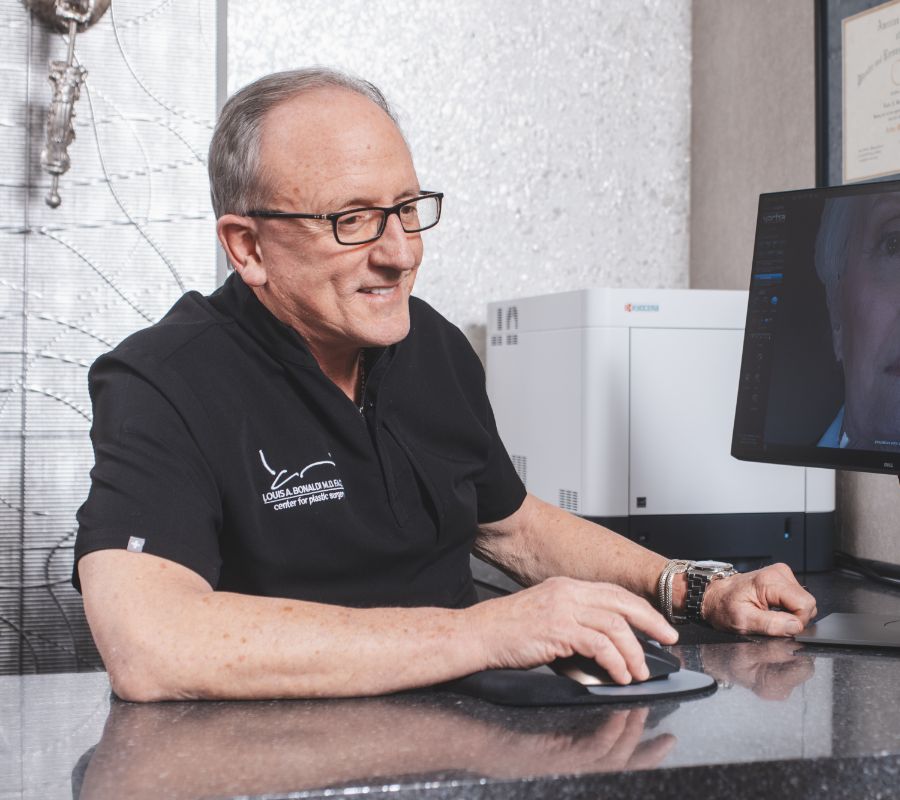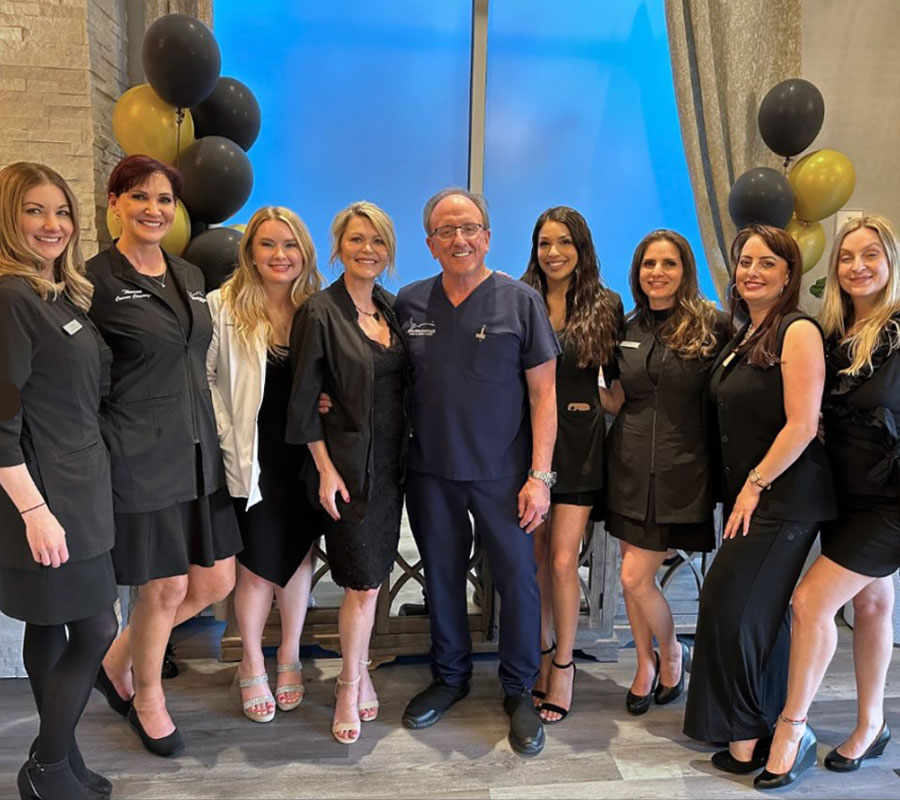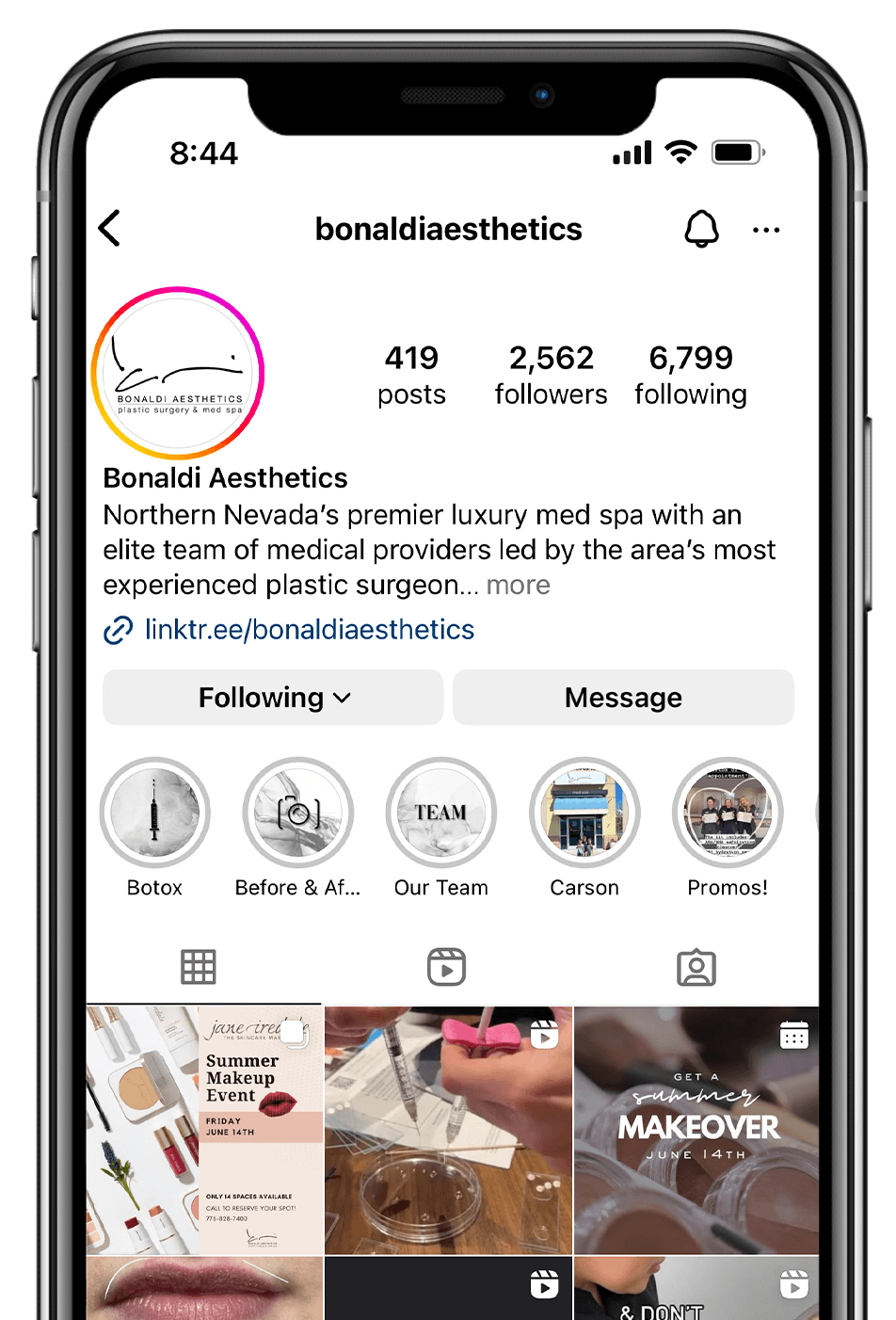January 04, 2022 | Breast Augmentation, Breast Implant Removal
3 minute read
2 Minute Read:
Complications can occasionally occur following breast augmentation surgery. And capsular contracture is one of the most common issues women encounter following the breast implant procedure.

It can be dealt with (through breast implant removal and breast revision), but prevention is preferred, and there are steps that can be taken to avoid it.
What Are the Signs You Have Capsular Contracture?
Signs of capsular contracture may appear soon after surgery — or they may appear “out of the blue” years later.
They might include tingling and pain near the implant or distortions in the skin surface around the breast, underarm, and chest area. The placement of the implants may shift, or the breasts may feel firmer than is natural. If you suspect you may be developing capsular contraction, it’s important to visit your surgeon or surgical team immediately.
Most women dealing with moderate to severe cases of capsular contracture will know that something is wrong with the look and feel of their implant.
What Causes Capsular Contracture?
The condition is caused by the development of excessive scar tissue and the hardening of that tissue.
Scarring is a natural byproduct of the healing process and, after breast implantation, scar tissue creates a capsule around the implant, which helps to keep it in place.
A problem arises when something — an infection within the capsule, fluid buildup within the capsule, or extra scarring as a result of some kind of pre-existing genetic or autoimmune issue – causes the scar tissue to harden and contract.
How Can You Prevent Capsular Contracture?
First of all, it is important to know that even the most successful breast augmentation surgeries can result in capsular contracture or another implant complication. Unfortunately, there is no way to prevent this condition from developing entirely.
If you are genetically predisposed to developing thick scar tissue or have an autoimmune disorder, preventative steps should be discussed during your pre-procedure consultation.
And here are a few other aspects of the condition to keep in mind:
- Implants that are placed behind the muscles of the chest wall are less likely to develop excessive scar tissue
- Women who are getting implants as part of post-cancer treatment breast construction should proceed with extra caution
- Post-operative drainage systems and dressings, if managed correctly, can help prevent capsular contraction
- Gentle massage in the breast area, post-surgery and regularly after that, can help the capsule stay pliable
Interested in Learning More?
If you’re in the Reno, Nevada, area and would like to know more about breast augmentation and best practices for avoiding capsular contracture, give the friendly team at Louis A. Bonaldi Bonaldi Aesthetics a call. They can answer all your questions and schedule a preliminary consultation with a board-certified plastic surgeon. Call (775) 828-7400 or use the online contact form today.





